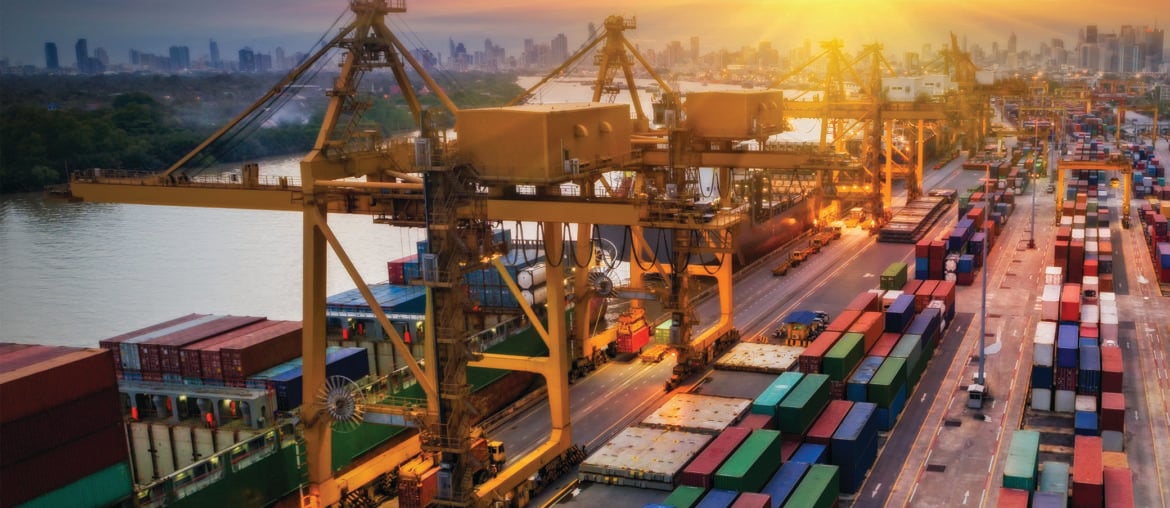In an era where supply chain disruptions and risks are regular front-page news, the Biden Administration has been undertaking a range of initiatives intended to create resilient supply chains that reflect the Administration’s policies around national security, foreign policy, human rights, and the US economy. Considering the non-stop legal and compliance developments in this space, with more on the horizon, in-house counsel and compliance professionals for companies with supply chains that touch the United States…
Yesterday, as part of its annual Virtual Trade Week series, US Customs and Border Protection (“CBP”) issued a list of Frequently Asked Questions on forced labor (“the FAQs”). The FAQs consist of responses to ten questions focused on current issues and latest developments in forced labor enforcement. As mentioned in the FAQs, in FY2020 (October 1, 2019 – September 30, 2020), CBP set a record by issuing 13 Withhold Release Orders (“WROs”), detaining over $55…
In lieu of our annual in person Global Trade Conference, we are excited to provide a virtual offering available to clients and friends worldwide. The conference will be comprised of nine one-hour sessions over the course of three days. Please join us on July 13, 14 and 15 for any or all sessions. In addition to broader trade and compliance topics that will implicate supply chain risk management, specific supply chain topics of interest include: America’s Supply…
On June 8, 2021, the White House published a set of reports on the 100-day interagency reviews conducted pursuant to Executive Order 14017 “America’s Supply Chains” (“the Reports”). The Reports were accompanied by a White House Fact Sheet summarizing the key findings, expressing support for some of the policy recommendations, and announcing additional Biden Administration measures directed at strengthening the resilience of the country’s supply chains. Our prior blog post summarizing high-level key compliance-related aspects…
Yesterday the House of Representatives passed by a narrow margin the Governance Improvement and Investor Protection Act (H.R. 1187), which is a package of bills broadly requiring disclosure of ESG metrics in business (including supply chain impacts) and setting specific reporting expectations on climate risks, political spending, executive pay, and taxation rates. The legislation comes amidst indications by the SEC that mandatory disclosures related to ESG and climate impacts are a priority. Our analysis of…
Last week’s post summarized the key findings from the reports and accompanying fact sheet published by the White House on Supply Chain resilience pursuant to Executive Order 14017 “America’s Supply Chains” (“the Reports”). In this post, we dive deeper into the supply chain transparency and governance recommendations made with respect to regulations governing sourcing of critical minerals. This portion of the Reports outlined findings and recommendations pertinent to companies managing critical minerals supply chains, including…
As reported previously, developing new ESG and climate disclosure requirements (including those relating to supply chains impacts) is one of the SEC’s key priorities, and there have been indications that proposed rule-making on the issue may be imminent. The topic was once again raised by SEC Commissioner Allison Herren Lee this week at the 2021 ESG Disclosure Priorities Event. In her remarks, Commissioner Lee indicated that the SEC is working on a proposed rule on ESG disclosures…
Over a year into the global pandemic, businesses have had to pivot to survive and adjust to new ways of conducting business. Now, more than ever, Asia Pacific business leaders are making the necessary strategic changes to meet the needs of a vastly changed business landscape — and deciding where legal expertise may be needed most to limit and manage disruption and soften risks. The State of Play Supply Chains and Trade Realignment report delves…
Baker McKenzie’s annual supply chain conference concluded with a discussion on best practices for inoculating supply chains against inevitable disruption as well as actionable tips for managing increasing third party risks. Attendees were given practical advice and proven solutions to implement successful supply chain risk management techniques. Click here to view* the recording. *Note that only live Baker McKenzie programs are eligible for CLE credit. This on-demand recording is for your personal, education purposes only…
Baker McKenzie’s annual supply chain conference continued last week with a detailed breakdown of key digital transformation, data privacy and IP considerations in supply chain management. Our team, along with a guest speaker from ADM, also covered customs regulations and trade sanctions. This presentation covered upstream supply chain disruptions including supply chain restructuring, downstream supply chain shocks and the resulting increase in e-commerce challenges. Click here to view* the recording. *Note that only live Baker McKenzie…






